You can find a list of some of the health benefits that are found in tomatoes and their by-products such as tomato paste and olive oil in the following part. Discover the surprising ways in which this common fruit can improve your nutrition, health, and immunity. Tomato paste contains antioxidants, which are thought to be responsible for its many health benefits, including a lower chance of developing cardiovascular disease, cancer, diabetes, and other conditions. These eatable berries are used in such a wide variety of recipes that it is difficult to find a kitchen that does not include them. They are native to South and Central America and have a scientific name of Solanum Lycopersicum. Both of these regions contributed to their development. Tomatoes are grown in a diverse array of types all over the world in various places that have climates that are considered to be moderate. Tomatoes come in a wide variety of shapes and sizes, with plum tomatoes, tomberries, cherry tomatoes, beefsteak tomatoes, and grape tomatoes being among the most common.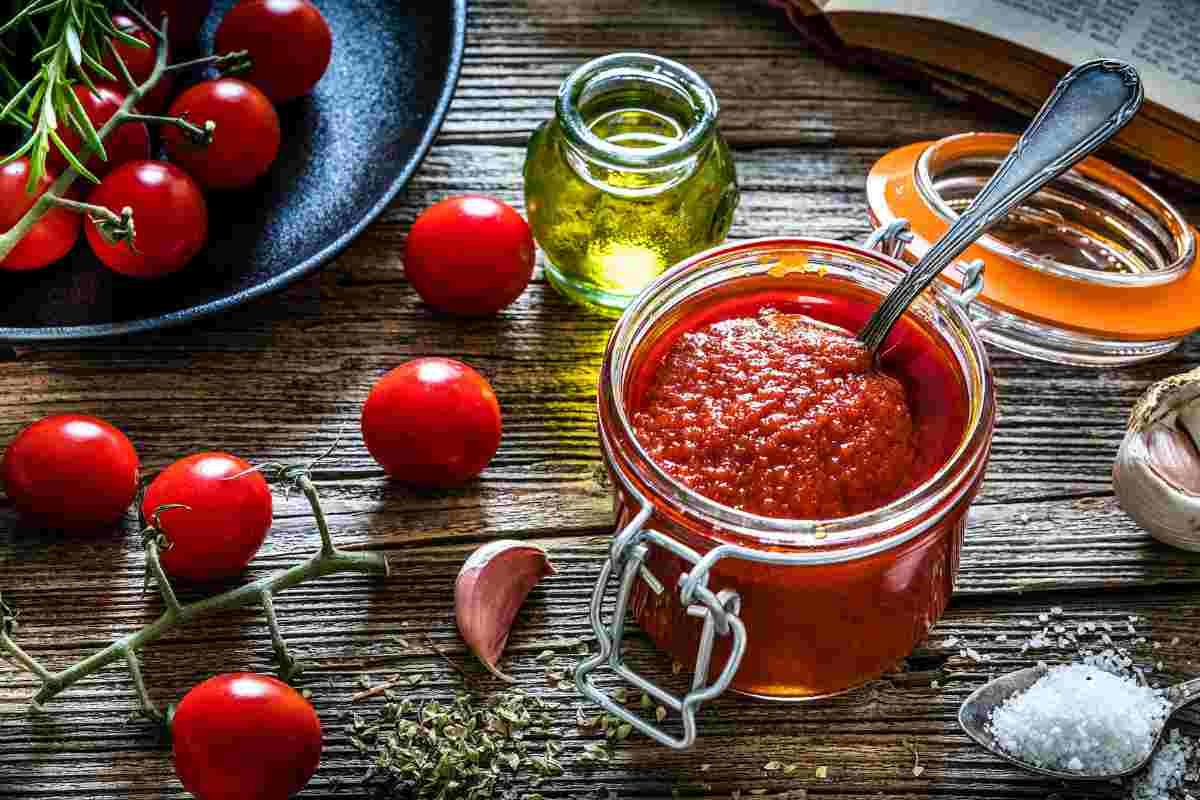 Additionally, they can be grown in a wide variety of hues, from red, yellow, black, and pink to purple, white, brown, and orange, to name a few examples. There is little question that the red type is the most widely consumed around the world. Tomatoes are regarded as a functional food because they do not solely serve the purpose of supplying the body with nutrients. Are you curious about the reasons why it is so beneficial? The answer lies in the all-powerful antioxidant known as lycopene, which helps improve one’s health in a variety of different ways. Because of its sparkling appearance, the Europeans previously thought that this vegetable was deadly. This is a truth that many people find shocking. It is believed that the Aztecs were the first people to utilize tomatoes in culinary applications. Tomatoes were first cultivated in Europe, but over the course of the centuries, their cultivation spread to Asia; now, India and China are the leading producers of tomatoes. Tomatoes are widely regarded as the food of choice for individuals who wish to maintain healthy blood pressure levels while still achieving their weight loss goals. Additionally, they assist in the control of diabetes and the improvement of vision. To top it all off, eating tomatoes while pregnant is an exceptionally good idea. Continue reading to find out more benefits like these offered by tomatoes.
Additionally, they can be grown in a wide variety of hues, from red, yellow, black, and pink to purple, white, brown, and orange, to name a few examples. There is little question that the red type is the most widely consumed around the world. Tomatoes are regarded as a functional food because they do not solely serve the purpose of supplying the body with nutrients. Are you curious about the reasons why it is so beneficial? The answer lies in the all-powerful antioxidant known as lycopene, which helps improve one’s health in a variety of different ways. Because of its sparkling appearance, the Europeans previously thought that this vegetable was deadly. This is a truth that many people find shocking. It is believed that the Aztecs were the first people to utilize tomatoes in culinary applications. Tomatoes were first cultivated in Europe, but over the course of the centuries, their cultivation spread to Asia; now, India and China are the leading producers of tomatoes. Tomatoes are widely regarded as the food of choice for individuals who wish to maintain healthy blood pressure levels while still achieving their weight loss goals. Additionally, they assist in the control of diabetes and the improvement of vision. To top it all off, eating tomatoes while pregnant is an exceptionally good idea. Continue reading to find out more benefits like these offered by tomatoes.
- Tomatoes have anti-inflammatory properties:
Tomatoes also include zeta-carotene, phytofluene, and phytoene, which are a group of three different antioxidants that are typically found together in the majority of fruits and vegetables that have vibrant colors. These antioxidants aid in the battle against inflammation and the diseases that are often associated with it, such as arthritis and cancer. However, there is a catch to this. We had observed earlier that heating or processing tomatoes increase the amount of lycopene that is available to the body. This process, in addition, is responsible for the destruction of these other key antioxidants. Instead of relying solely on a single preparation method, it is recommended that you consume raw tomatoes in addition to cooked or processed varieties regularly. Tomato paste consumption has the same anti-inflammatory benefits as eating tomatoes. Lycopene was shown to have properties that make it effective at reducing inflammation, according to research conducted in Italy. However, in this regard, there is a need for additional investigation. Tomatoes (particularly tomato paste), according to a study that was published by the United States Department of Agriculture, also include apolycopenoids and some other bioactive components that are much more beneficial than lycopene in combating inflammation. Tomatoes are recommended by the Harvard Medical School as one of the top foods for reducing inflammation and should be incorporated into the diets of all people. Additionally, cherry tomatoes might be a tasty addition (a serving has just 27 calories). They contain a high volume of flavonols, which are known to reduce inflammation. You can roast whole cherry tomatoes with a few cloves of garlic and then crush the tomatoes once they have roasted. Toast some whole wheat bread and spread the mixture on it for a snack that is both nutritious and delicious. Tomatoes include both lycopene and vitamin C, both of which are anti-inflammatory nutrients.
However, there is a catch to this. We had observed earlier that heating or processing tomatoes increase the amount of lycopene that is available to the body. This process, in addition, is responsible for the destruction of these other key antioxidants. Instead of relying solely on a single preparation method, it is recommended that you consume raw tomatoes in addition to cooked or processed varieties regularly. Tomato paste consumption has the same anti-inflammatory benefits as eating tomatoes. Lycopene was shown to have properties that make it effective at reducing inflammation, according to research conducted in Italy. However, in this regard, there is a need for additional investigation. Tomatoes (particularly tomato paste), according to a study that was published by the United States Department of Agriculture, also include apolycopenoids and some other bioactive components that are much more beneficial than lycopene in combating inflammation. Tomatoes are recommended by the Harvard Medical School as one of the top foods for reducing inflammation and should be incorporated into the diets of all people. Additionally, cherry tomatoes might be a tasty addition (a serving has just 27 calories). They contain a high volume of flavonols, which are known to reduce inflammation. You can roast whole cherry tomatoes with a few cloves of garlic and then crush the tomatoes once they have roasted. Toast some whole wheat bread and spread the mixture on it for a snack that is both nutritious and delicious. Tomatoes include both lycopene and vitamin C, both of which are anti-inflammatory nutrients.
- Consuming tomatoes is beneficial to a man’s health:
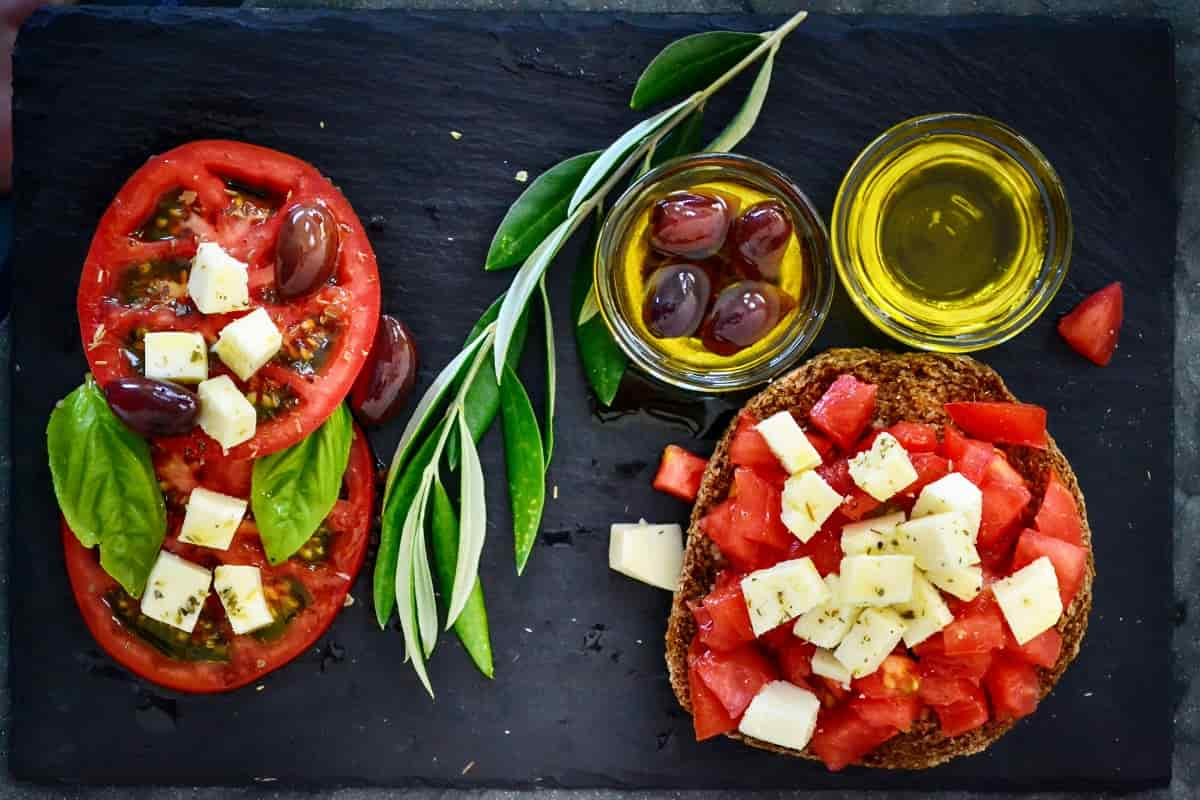 It was discovered that the lycopene present in tomatoes could increase male fertility by as much as 70%. Additionally, the antioxidant can lessen the amount of aberrant sperm. In addition to this, it enhances the mobility of sperm and decreases the amount of damage it sustains. According to the findings of a study conducted in Boston, the consumption of two to four servings of tomato paste every week was found to reduce the incidence of advanced prostate cancer by fifty percent and prostate cancer overall by thirty-five percent. According to the findings of one study, males whose diets contained the highest amounts of lycopene were found to have a risk of ischemic stroke that was 59% lower than average (the most common type of stroke).
It was discovered that the lycopene present in tomatoes could increase male fertility by as much as 70%. Additionally, the antioxidant can lessen the amount of aberrant sperm. In addition to this, it enhances the mobility of sperm and decreases the amount of damage it sustains. According to the findings of a study conducted in Boston, the consumption of two to four servings of tomato paste every week was found to reduce the incidence of advanced prostate cancer by fifty percent and prostate cancer overall by thirty-five percent. According to the findings of one study, males whose diets contained the highest amounts of lycopene were found to have a risk of ischemic stroke that was 59% lower than average (the most common type of stroke).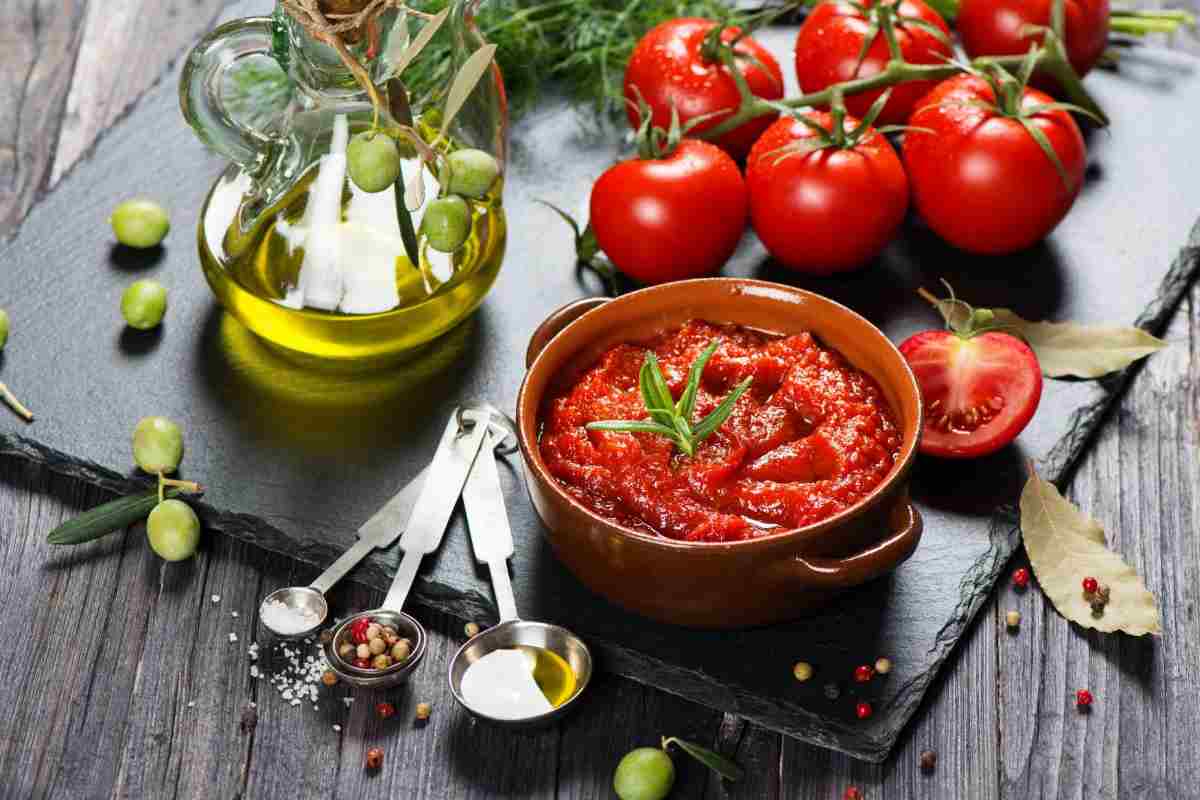
- Consuming tomato paste can improve one’s mental acuity:
Because it contains such a high quantity of omega-3 fatty acids, your brain is especially susceptible to the damage that can be caused by free radicals. Tomatoes, thanks to their high levels of lycopene and beta-carotene, as well as other antioxidants, can contribute to the fight against this. Consuming tomatoes alongside olive oil may result in enhanced results. This is because tomatoes contain carotenoids, which, when dissolved in fat (such as olive oil), are readily absorbed by the blood. Tomatoes contain lycopene, an antioxidant that has been linked to a reduced risk of several serious diseases, including Alzheimer’s and dementia. Tomatoes improve cognitive function and concentration, as stated in an essay authored by Western Governors University and distributed by that institution. A helpful hint: when fresh tomatoes are in season, choose them over canned ones to get the most out of the lycopene and other important elements they contain. Take lycopene supplements outside of tomato season, which is when the fruit lacks color and flavor, and tomatoes have a pallid appearance.
- Eating Tomatoes Is Beneficial for Your Liver:
Tomatoes include lycopene, which protects the liver by scavenging DNA-damaging chemicals and is therefore beneficial to liver health. Tomatoes also include specific vitamins that are part of the B-complex that are beneficial to liver health. And here’s another interesting tidbit for you: the liver is the only organ in the human body that can regenerate itself naturally. It can replace lost tissue, and if only little damage is sustained, up to 25% of the organ can regenerate into a whole new liver. As we’ve seen, tomatoes shield the liver from damage and contribute to the organ’s natural detoxification processes. One study found that eating more tomatoes was associated with a reduced risk of developing liver cancer. Tomato extract was found to be protective against liver inflammation brought on by a diet heavy in fat, according to the research. Green tomato extracts that include tomatine, which is a poisonous chemical that can be found in the stems and leaves of tomato plants, were discovered in yet another study conducted in California to be able to suppress the formation of liver cancer cells. Additionally, in comparison to their red counterparts, green tomatoes have a higher concentration of vitamin K and B-complex vitamins, all of which contribute to a variety of health benefits. There is some evidence that the lycopene found in tomato paste can help protect against liver damage. The following is a list of some of the most intriguing health benefits of olive oil that are supported by research:
And here’s another interesting tidbit for you: the liver is the only organ in the human body that can regenerate itself naturally. It can replace lost tissue, and if only little damage is sustained, up to 25% of the organ can regenerate into a whole new liver. As we’ve seen, tomatoes shield the liver from damage and contribute to the organ’s natural detoxification processes. One study found that eating more tomatoes was associated with a reduced risk of developing liver cancer. Tomato extract was found to be protective against liver inflammation brought on by a diet heavy in fat, according to the research. Green tomato extracts that include tomatine, which is a poisonous chemical that can be found in the stems and leaves of tomato plants, were discovered in yet another study conducted in California to be able to suppress the formation of liver cancer cells. Additionally, in comparison to their red counterparts, green tomatoes have a higher concentration of vitamin K and B-complex vitamins, all of which contribute to a variety of health benefits. There is some evidence that the lycopene found in tomato paste can help protect against liver damage. The following is a list of some of the most intriguing health benefits of olive oil that are supported by research:
- It contains a high concentration of polyphenols:
Polyphenols are naturally occurring bioactive molecules that have antioxidant qualities and can be found in plant foods such as fruits, vegetables, olives, and extra virgin olive oil. Extra virgin olive oil is an especially rich source of polyphenols. Polyphenols are beneficial to health in part because they reduce oxidative stress, which is a form of stress that occurs within the body and is responsible for the deterioration of lipids, proteins, and DNA in a manner that is associated with an increased risk of developing cardiovascular disease, cancer, diabetes, and dementia. Hydroxytyrosol and oleocanthal are two abundant polyphenols that can be found in olive oil. 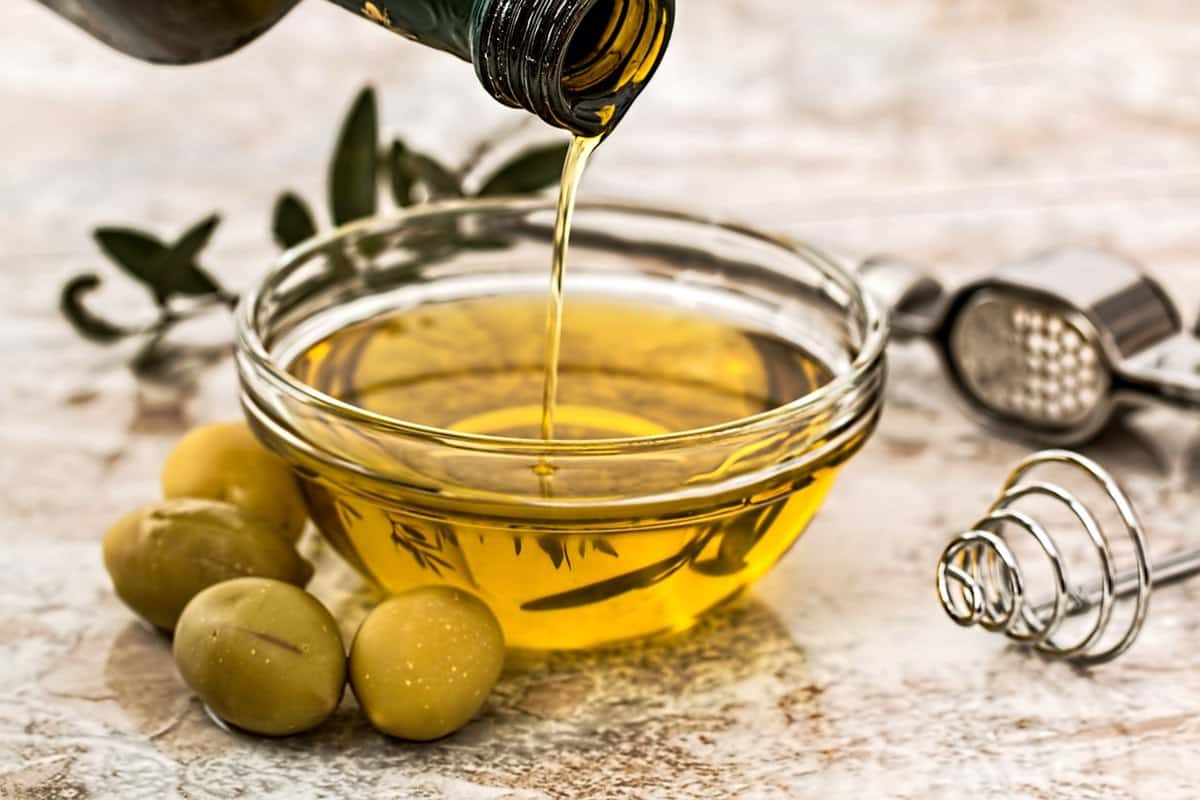 Both of these polyphenols have qualities that make them effective antioxidants, as well as anti-inflammatory, cancer-fighting, neuroprotective, and antibacterial agents.
Both of these polyphenols have qualities that make them effective antioxidants, as well as anti-inflammatory, cancer-fighting, neuroprotective, and antibacterial agents.
- It has a significant positive effect on the cardiovascular system:
There are (many) good reasons why olive oil is believed to be heart-healthy. People who ate a Mediterranean-style diet that included more than four tablespoons of extra virgin olive oil per day had a lower risk of developing cardiovascular disease, and their combined risk for heart attack, stroke, and death from heart disease was approximately thirty percent lower than people who ate a low-fat diet. This information comes from the PREDIMED study, which is frequently cited. Additionally, extra virgin olive oil has been associated with lower levels of cholesterol and lower overall blood pressure. Given their capacity to reduce inflammation and oxidative stress, as well as adjust cholesterol levels in the bloodstream, different polyphenols and oleic acid, which is the most abundant monounsaturated fatty acid (MUFA) found in all grades of olive oil, are probably to blame.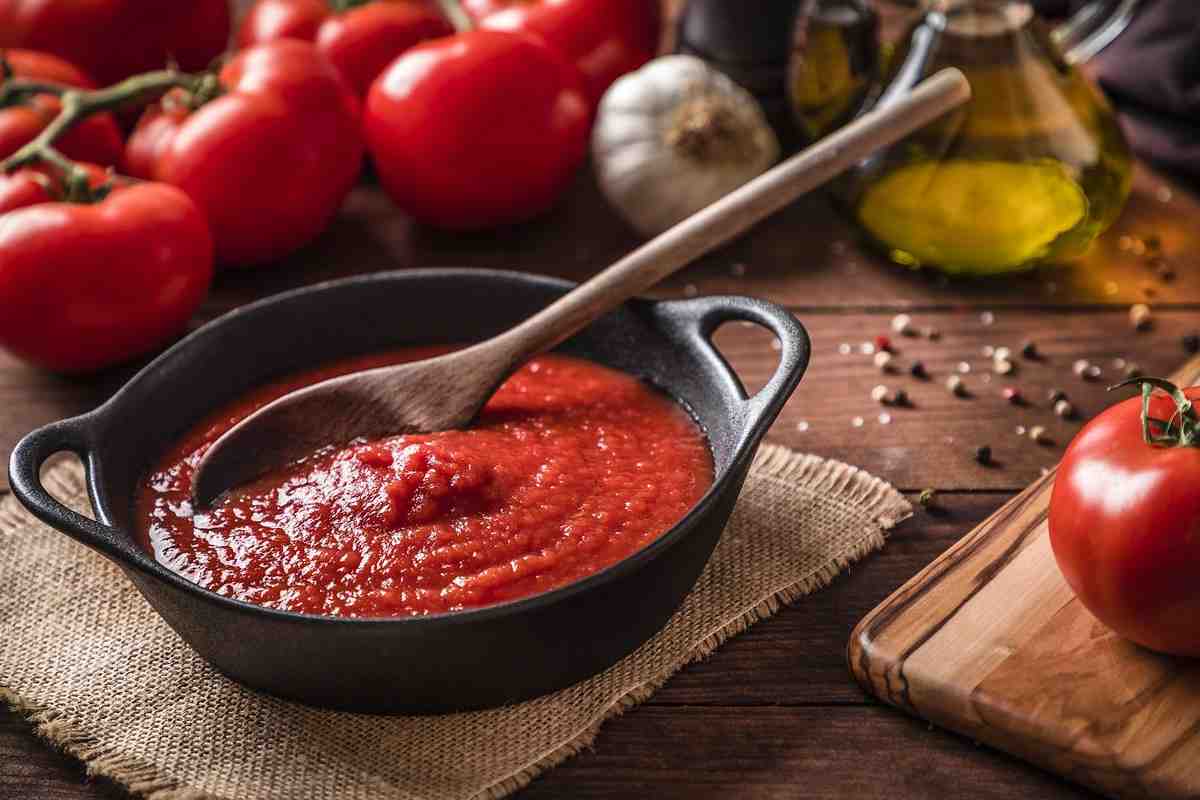 To get the benefits of olive oil, though, you don’t need to drink more than four tablespoons of it every day. According to the Food and Drug Administration (FDA) of the United States, there is credible evidence to support the claim that eating 1 12 tablespoons of oleic acid-rich oils, such as olive oil, may lower the risk of coronary heart disease. This is true provided that these oils replace fats/oils that are higher in saturated fat and that they do not increase the total number of calories you consume in a day. Olive oil is one example of an oil rich in oleic acid.
To get the benefits of olive oil, though, you don’t need to drink more than four tablespoons of it every day. According to the Food and Drug Administration (FDA) of the United States, there is credible evidence to support the claim that eating 1 12 tablespoons of oleic acid-rich oils, such as olive oil, may lower the risk of coronary heart disease. This is true provided that these oils replace fats/oils that are higher in saturated fat and that they do not increase the total number of calories you consume in a day. Olive oil is one example of an oil rich in oleic acid.
- There is some evidence that it lowers the risk of certain malignancies:
Olive oil consumption may be one reason why cancer rates tend to be lower in Mediterranean countries, even though no one meal may guarantee protection against cancer. The findings of a recent study conducted in the year 2020 suggest that extra virgin olive oil triggers changes in gut bacteria that are associated with the prevention of colorectal cancer. Additionally, previous research has demonstrated that women who consume a greater quantity of olive oil tend to have a lower risk of both colon cancer and breast cancer. Olive oil has several components that have been shown to possess anti-cancer characteristics. These components include oleic acid, hydroxytyrosol, oleocanthal, phytosterols, and squalene.

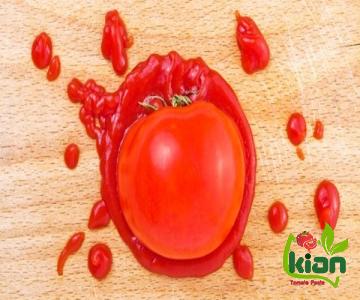

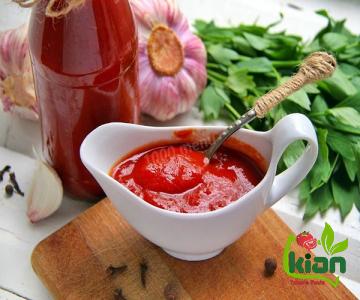
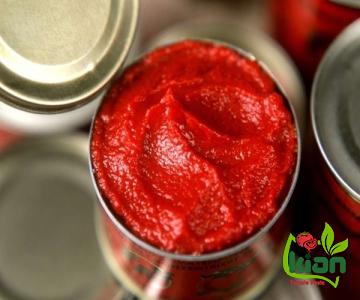
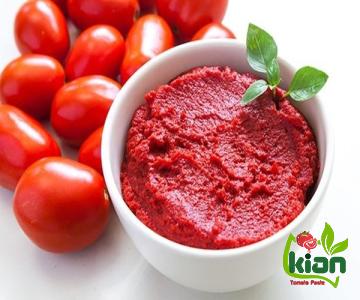
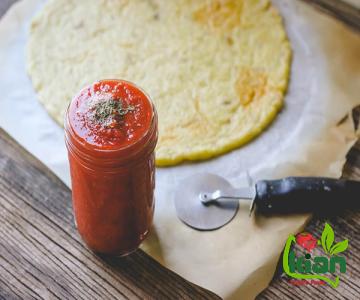
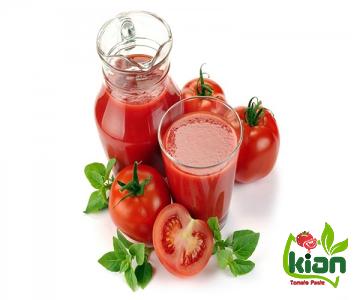
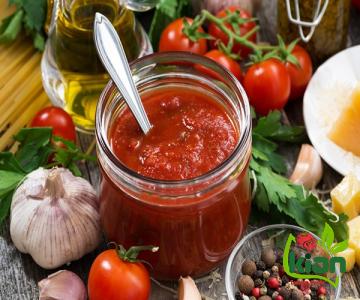
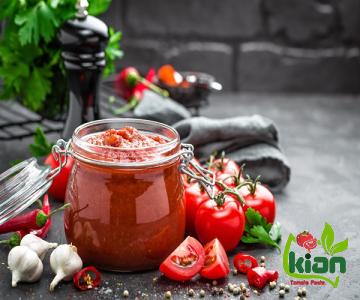
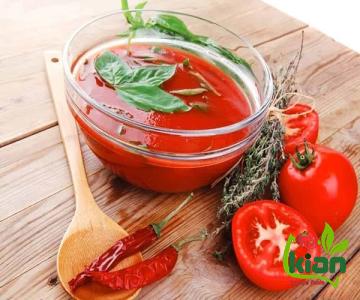
Your comment submitted.